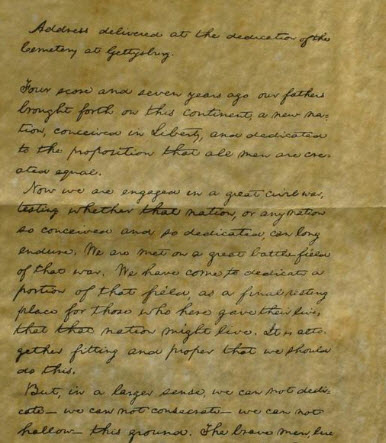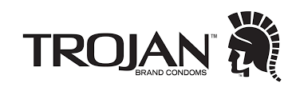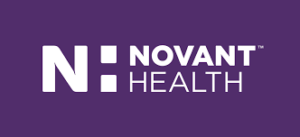Words Are Important.
 As you know, words are important. Unless you use them as marketing effluvia. And that’s a challenge for most copywriters. Many writers think it’s the words not the content that carry the water. So long as the words don’t get in the way in terns of communication and function, the writing itself is not as important as the content.
As you know, words are important. Unless you use them as marketing effluvia. And that’s a challenge for most copywriters. Many writers think it’s the words not the content that carry the water. So long as the words don’t get in the way in terns of communication and function, the writing itself is not as important as the content.
For a few years now I have been defining brand strategy as “an organizing principle for product, experience and messaging.” I’ve taken a second look at this definition and though “organizing principle” is, indeed, what a brand strategy is, the word principle can be a bit misleading. And fluid. Part is the problem with brand strategy is it’s a little like interpretive dance. Creative people like it that way. Open to interpretation is freeing. By replacing the word “principle” with “framework” the dance is still there but the interpretation is removed.
A framework makes it easy for marketing tacticians and builders to make stuff. With a framework you are either on strategy or off. No interpretation.
A framework is tied to brand objectives, which are tied directly to marketing objectives and therefore measurable revenue. Framework is existential. Principle not so much.
Brand strategy: An organizing framework for product, experience and messaging. Me likey.
Peace.


